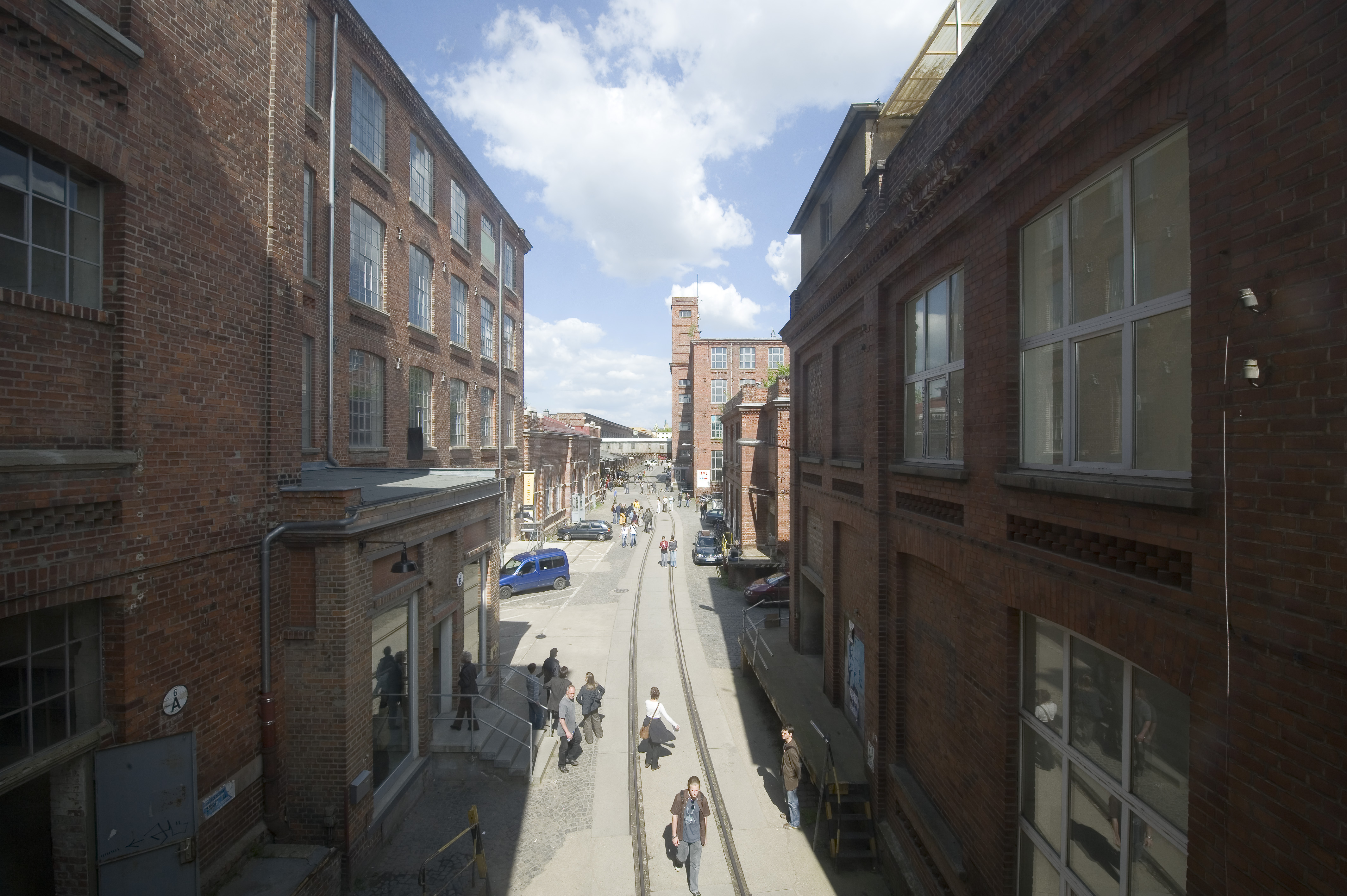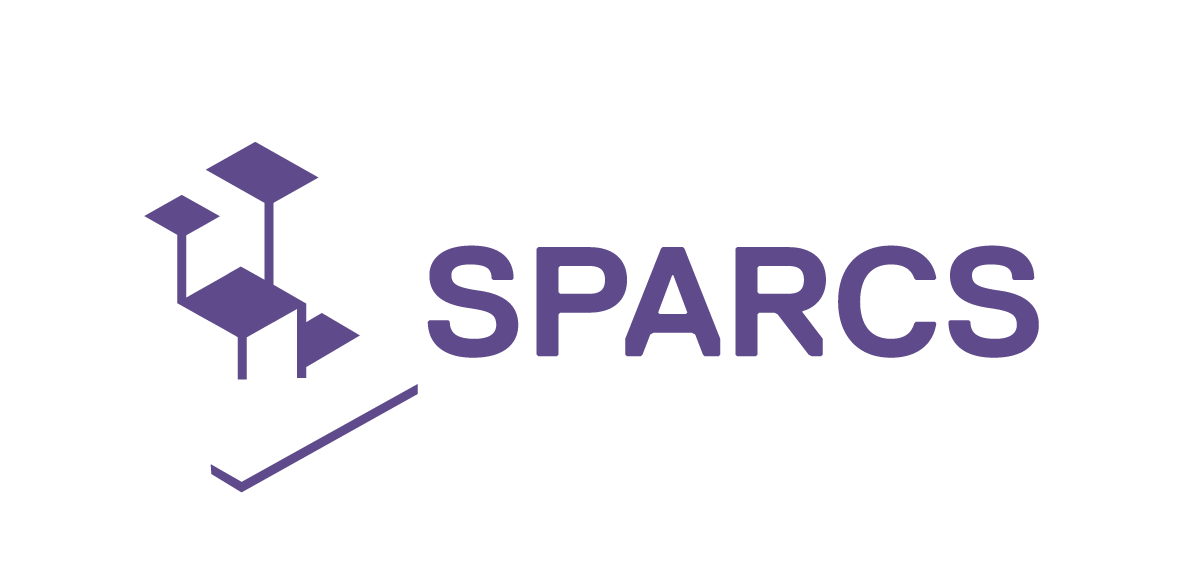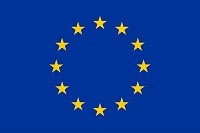SPARCS – Sustainable energy Positive & zero cARbon CommunitieS
Motivation:
Cities were one of the key actors in the Paris climate summit, COP21, where 175 countries signed the Paris Agreement on December 12th 2015, hence committing to limiting the global temperature increase well below 2 degrees to mitigate the impacts
of climate change. Specific aims for global city development were further defined in the United Nations 2030 Agenda for Sustainable Development (2015) Goals (SDGs). The EU has committed to these goals developing a Strategic Energy Technology Plan (SET plan) and introducing the Smart Cities Initiative with the goal of 30 European cities acting as lighthouse cities, and fostering replication, at the forefront of the transition towards a low carbon future by 2020.
Project Description:
SPARCS facilitates the participation of buildings in the energy market enabling new services and a virtual power plant concepts, creating VirtualPositiveEnergy communities as energy democratic playgrounds. Seven cities will demonstrate 100+ actions turning buildings, blocks, and districts into energy prosumers. Impacts are expected for economic growth, improved quality of life, and environmental benefits up to the EC policy framework for climate and energy, the SET plan and UN Sustainable Development goals. SPARCS engages 31 partners from 8 EU Member States (FI, DE, PT, CY, EL, BE, CZ, IT) and 2 non-EU countries (UA, IS). The Lighthouse cities Espoo (FI) and Leipzig (DE) implement large demonstration projects. The Fellow cities Reykjavik (IS), Maia (PT), Lviv (UA), Kifissia (EL) and Kladno (CZ) prepare replication projects with hands-on feasibility studies.
Our Services:
The SPARCS project at Fraunhofer IMW is conducted through its Innovation Acceptance Group. Fraunhofer IMW is responsible for two contributions towards the SPARCS project:
Fraunhofer IMW's Innovation Acceptance Group supports the participating cities in the development of a guide with tools and procedures to foster social empowerment of citizens and relevant stakeholders for the development and implementation of SPARCS solutions. As a member of the Leipzig consortium, the institute accompanies the City of Leipzig during the implementation of energy transformation actions within the project. Moreover, Fraunhofer IMW provides a methodological framework to develop a City Vision 2050 for urban transformation and energy transition, piloting in Leipzig, and supporting other participating cities in developing their own vision of the future for 2050 by presenting the lessons learned.
Project Partners:
VTT Technical Research Centre of Finland Ltd. (coordinator)
+ 29 partners from 8 EU Member States
Project Duration:
1/10/2019 - 30/9/2024




